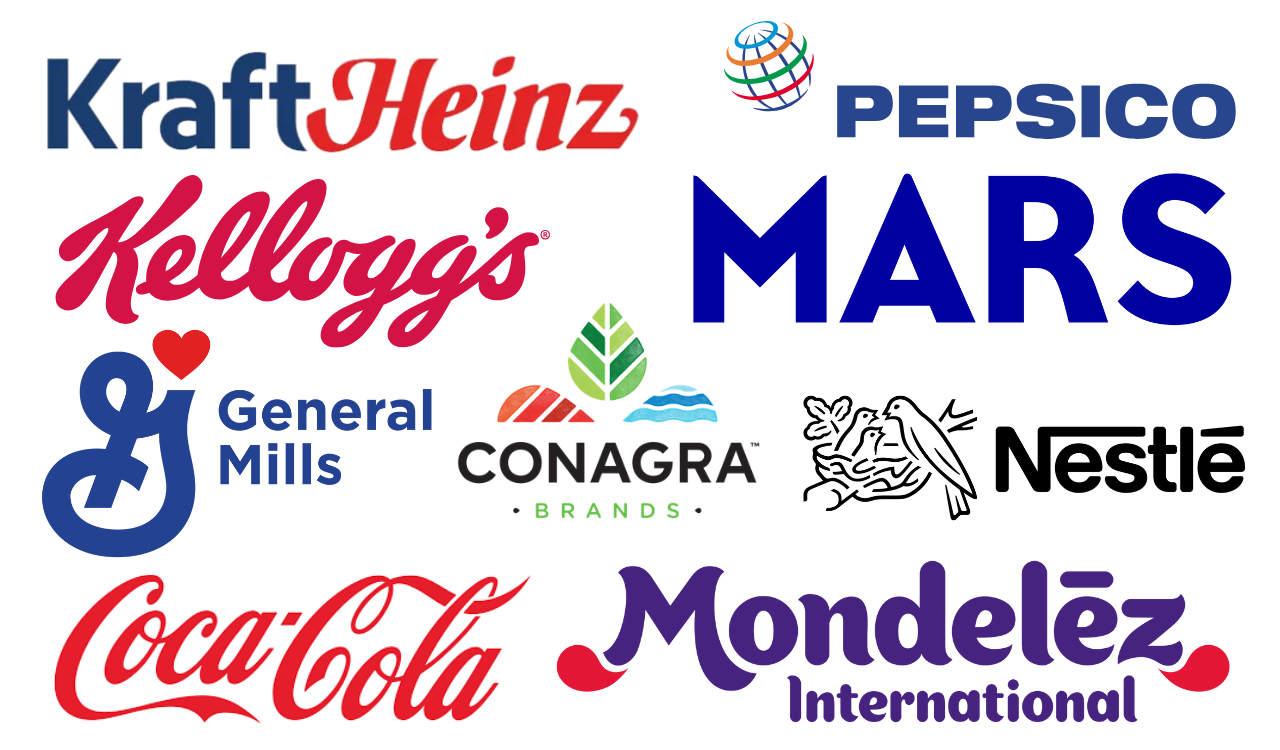When I try to explain the implications and unintended consequences of policy decisions, the metaphor of the butterfly effect is a good illustration. It refers to the idea that small, seemingly insignificant actions can trigger large, unpredictable consequences over time. A single flutter of a butterfly’s wings might not seem like much, but it can set off a chain reaction that leads to a storm halfway around the world.
Right now, the United States is poised to let the African Growth and Opportunity Act (AGOA) quietly expire. You might shrug and think, “That’s unfortunate, but supply chains are shifting anyway. It won’t make much of a difference.” But think about it. This small change will have a large ripple effect.
AGOA has supported manufacturing jobs and economic development in countries like Kenya, Ghana, and Lesotho. Its expiration won’t just impact workers and global migration; it will affect the brands you may have in your drawers and closets. I looked around and found Lands’ End athletic pants, Levi’s jeans, and a turtleneck from The Gap that were all made in AGOA-supported countries.
AGOA was never about charity; it was about growth through trade. Establishing new manufacturing agreements is a major undertaking for any U.S. brand. It requires time, capital, and compliance with safety and labor standards. Brands enter these partnerships with the belief that U.S. government initiatives are stable and enduring.
Letting AGOA expire is a quiet move. No direct action is being taken, and that is the point. It is demolition by neglect. It’s a signal that undermines trust, disrupts long-term planning, and weakens soft power.
And like the butterfly effect, this seemingly minor decision could cascade into strategic consequences far beyond what we will see in the short term. The storm may not arrive tomorrow, but the wings are already fluttering.





